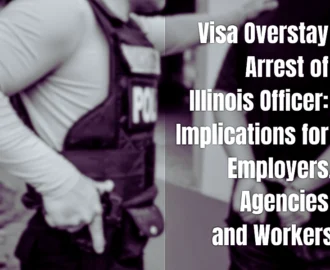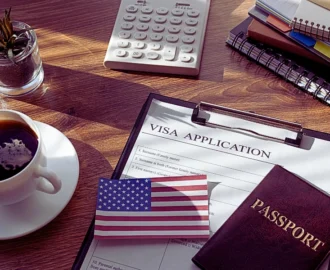The immigration law provides specific grounds of inadmissibility for would-be immigrants to Illinois, but there are also statutory provisions that offer relief from some of the inadmissibility grounds. Immigrants who have been told that they are inadmissible to the U.S. should understand the process of seeking a waiver and the grounds for which it might be granted. An immigration lawyer may assist clients with seeking waivers of inadmissibility so that they might be allowed to enter the country.
Grounds of Inadmissibility
There are multiple reasons under the immigration law that a foreign national may be denied admission into the U.S. The reasons are codified and include having certain medical conditions, having a drug addiction, having convictions for a crime involving moral turpitude or for a controlled substance, having two or more convictions for any criminal offenses, having engaged in prostitution in the past 10 years or being likely to become a public charge if entry is granted. Foreign nationals who have previously been deported are also inadmissible, and those who miss their removal hearings are deemed to be inadmissible for five years.
Waivers of Inadmissibility
The law allows waivers to be granted for certain grounds of inadmissibility, but the procedures for seeking the waivers must be followed. Foreign nationals who were found to be inadmissible because of their unlawful presence in the U.S. will have a three-year bar to admissibility if they were unlawfully present for six or more months and a 10-year bar to admissibility if they were unlawfully present for a year or longer. They may file for a waiver of inadmissibility with Form I-601 and must show that their lawful permanent resident or U.S. citizen spouse or parent would experience extreme hardship if the waiver is not granted.
Foreign nationals who are denied admissibility based on a criminal conviction may also petition for waivers of inadmissibility. They must show that their lawful permanent resident or U.S. citizen spouse, parent, son or daughter would suffer extreme hardship without the waiver, or that 15 years have passed since their offenses during which they have become fully rehabilitated. Women who are qualified under the Violence Against Women Act may also receive waivers of inadmissibility. Some foreign nationals with health conditions may receive waivers, but they may have to submit additional documents if they have certain conditions. An immigration lawyer may advise clients about the likelihood of securing waivers of inadmissibility so that they can enter the U.S.



